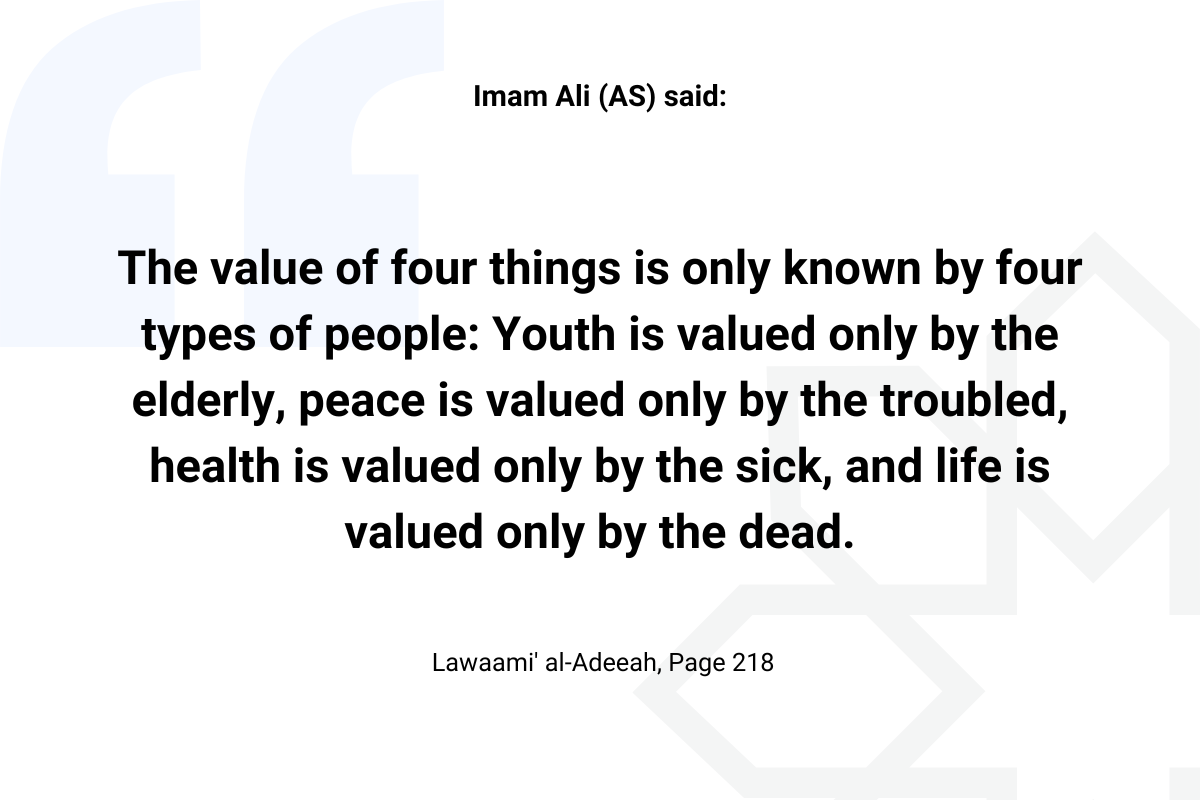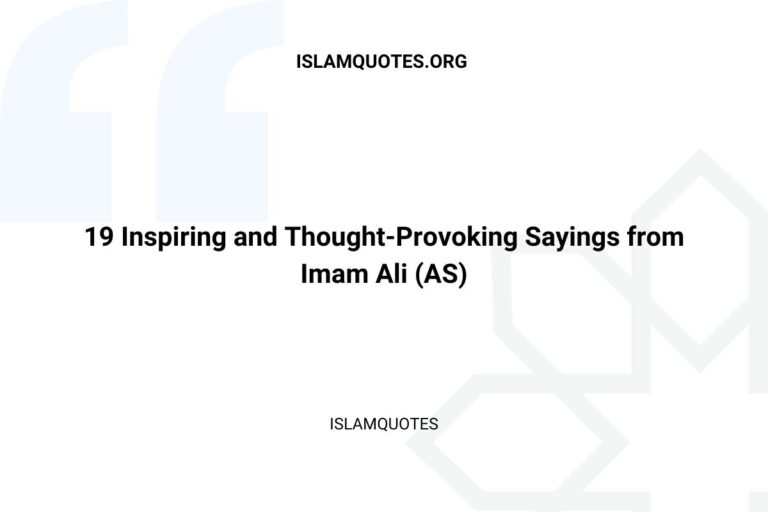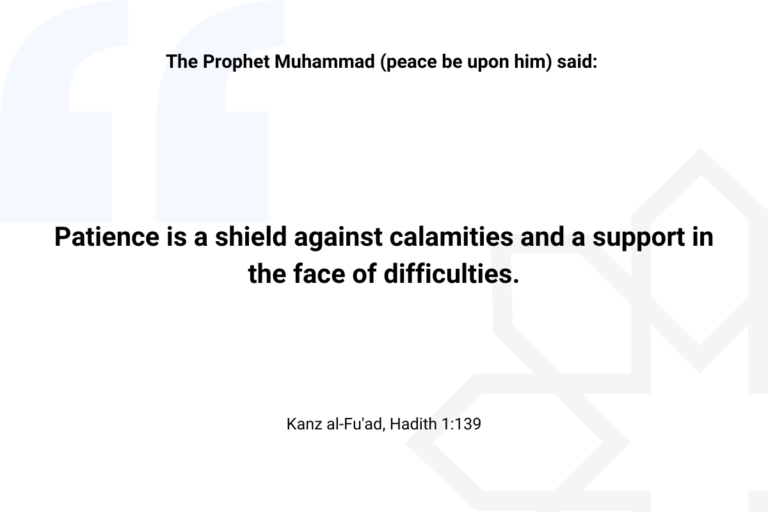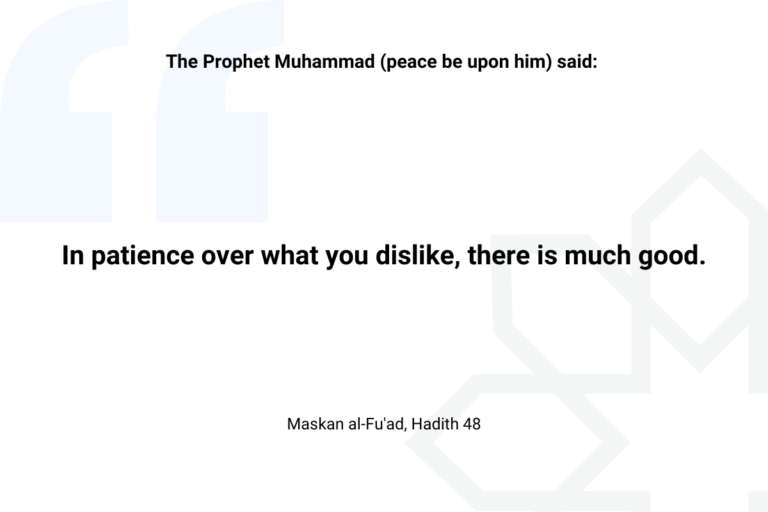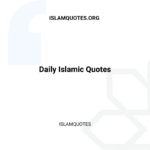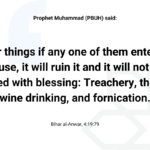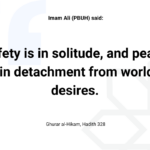Imam Ali (AS) said:
‘The value of four things is only known by four types of people: Youth is valued only by the elderly, peace is valued only by the troubled, health is valued only by the sick, and life is valued only by the dead.’
– Lawaami’ al-Adeeah, Page 218
The Hidden Worth of Life: Youth, Peace, Health, and Life
Introduction
Imam Ali (AS), a profound figure in Islamic thought and philosophy, provides us with a deeply reflective hadith that touches on the intrinsic values often overlooked in daily life. This hadith, recorded in Lawaami’ al-Adeeah, illuminates how certain blessings are truly appreciated only by those who have lost them or who understand their absence. This article will delve into the profound meanings behind youth, peace, health, and life, as well as how these values resonate within the Islamic tradition.
H2: Appreciating Youth: A Gift Recognized by the Elderly
H3: The Fleeting Nature of Youth
Youth is a period of vitality, energy, and potential. However, it is often taken for granted until it begins to wane. Elderly individuals, having experienced the passage of time, often reflect on their youth with a mixture of nostalgia and wisdom.
H3: The Islamic Perspective on Valuing Youth
In Islam, youth is considered a valuable phase to build character, acquire knowledge, and perform good deeds. The Prophet Muhammad (PBUH) emphasized making the most of one’s youth before old age, as mentioned in the hadith: “Take advantage of five before five: your youth before your old age…” (Al-Hakim).
H2: The Essence of Peace: Cherished by the Troubled
H3: Understanding Peace and Its Importance
Peace, or ‘Sakina’ in Arabic, is a state of tranquility and calm. It is often undervalued by those who live in stable environments. However, those who face constant turmoil and unrest truly understand its significance.
H3: Achieving Inner Peace in Islam
Islam places a high value on peace, both externally and internally. The Quran repeatedly calls for peace and reconciliation, and inner peace is a state that Muslims strive for through prayer, meditation, and remembrance of Allah (SWT). Surah Ar-Rad (13:28) states, “Verily, in the remembrance of Allah do hearts find rest.”
H2: The Pricelessness of Health: Recognized by the Sick
H3: Health as an Invaluable Blessing
Health is often taken for granted until it is compromised. The sick, who struggle with illness, understand the true value of a healthy body and mind.
H3: Maintaining Health in Islam
Islam encourages taking care of one’s health as an act of worship. The Prophet Muhammad (PBUH) said, “There are two blessings which many people do not appreciate: health and leisure” (Sahih Bukhari). Islam promotes a balanced lifestyle, proper nutrition, and regular exercise as part of maintaining good health.
H2: The Value of Life: Known by the Dead
H3: The Sanctity and Preciousness of Life
Life, with all its complexities and experiences, is often not fully appreciated until it is near its end or has ended. The dead, who have transitioned to another existence, leave behind a legacy that reminds the living of the fleeting nature of life.
H3: Living a Purposeful Life in Islam
Islam teaches that life is a precious gift from Allah (SWT), and it should be lived with purpose and mindfulness. Every moment is an opportunity to earn Allah’s pleasure through good deeds, worship, and ethical conduct. The Quran emphasizes this in Surah Al-Mulk (67:2): “He who created death and life to test you as to which of you is best in deed.”
Conclusion
Imam Ali’s (AS) hadith on the hidden values of youth, peace, health, and life serves as a powerful reminder to cherish and make the most of these blessings. By understanding and appreciating these aspects, individuals can lead more fulfilling and spiritually enriched lives. For more insightful Islamic quotes, including daily hadiths and inspirational sayings, explore our extensive collection.

